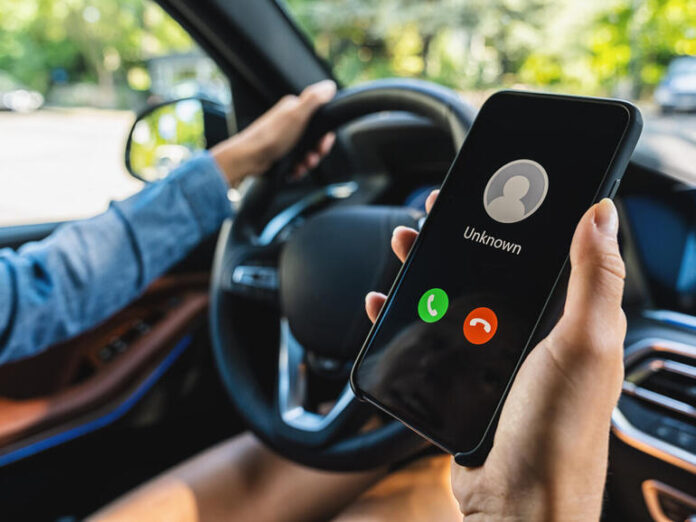The COVID-19 crisis enabled scammers to take advantage of the guileless, as bad actors were able to extract personal information from targets, according to a new report from First Orion.
The plague of unrecognizable phone calls continues feverishly. The 2020 COVID-19 pandemic had a profound effect on Americans who inadvertently released sensitive, personal and private information, and suffered financial loss. First Orion’s Annual Phone Scam Call Report exposed how scammers were able to get 270% more personal information in 2020 than they did in 2019.
Be it distraction or fear, people were providing sensitive information at an alarming rate; they were giving the bad actors their Social Security numbers and credit card information six times more frequently, year-over-year.
Whether it was someone looking for a light at the end of the dreary, isolative sheltering-at-home, or someone who is just hopeful, but vulnerable, financial theft was the most egregious. Scammers were most successful by using a ruse for COVID-19, prizes, awards, and student loans, or impersonating bank officials. A genuinely frightening, but effective ploy of threatening the victim’s family.
First Orion found that financial loss was reported as 20% of consumers disclosed their ages to scammers and 18% shared their bank information.
The highlight of the scammers’ banner year was their ability to foster fears regarding the coronavirus to extract information from targets. First Orion reported that of the 18% of consumers in 2020 who suffered financial loss as the result of a scam phone call, 17% reported the call “was related to COVID-19.”

Scammers were successful at posing as a charity or humanitarian group– of the 27% of survey respondents who responded to those calls, 44% said they were COVID-19 related. And in their attempt to be charitable, 58% reported a financial loss, rationalizing that the call was from a charity foundation or humanitarian organization. In 2019, that percentage was 24%.
Surprisingly, however, First Orion’s report revealed that the most common scam calls were related to auto warranties; 22% of those polled received at least one call about auto warranties. The 2020 percentage is double the 2019 figure.
“Consumer behavior has changed in 2020 in response to the COVID-19 pandemic,” said Viki Zabala, chief marketing officer at First Orion in a press release. “Due to the turmoil most have experienced this year, health and finances are constantly at risk, which means people can’t afford to not answer their phones—and organizations we trust are telling us to answer all calls “just in case.” Scammers are using those very real vulnerabilities to their advantage, and it’s working.”
As a result, consumers find themselves in a kind of quandary and are more likely to fret over whether they should or should not answer their phones. First Orion asserted in its report that it’s not only the responsibility of the consumer to be on the lookout for scam calls, but sharing in that responsibility should be businesses and mobile carriers.
The report stated, “Carriers that implement call protection and robocall mitigation solutions empower their customers to make informed decisions as to whether or not they answer their phone. While enhanced business calling with ‘Branded Phone Calls’ means consumers will know which calls are legitimate, including who is calling and why. This twofold approach will lead to greater reassurance, loyalty, and trust from consumers.”
Just not answering your phone once isn’t enough to deter them; 18% of consumers reported getting more than three scam calls daily.
First Orion offered the following tips for consumers:
- Use whatever protection your mobile carrier offers, and consult with it about anything that is unclear. For example, T-Mobile offers a free “Scam Shield” for subscribers (which, instead of a number, reads on mobile phones as “Scam Likely.”
- It may seem obvious, but don’t answer numbers you don’t recognize. A scammer benefits from a person’s innate curiosity, concern about an emergency call they might be missing, or a job-related call they’re waiting for.
- If you do accidentally answer a suspicious all, never, ever give personal information. Only do so if you know the caller is legit. You can visit the company website to get the official number and call to speak with someone from the organization.
- But if you only realize after hanging up that you’ve likely given personal information to a scammer, there are verified non-profit organizations designed to help you after the fact. The Identity Theft Resource Center has a number of resources, including phone support.





